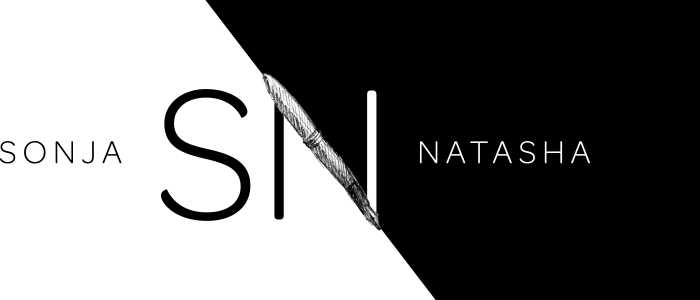Since pandemic times, my day job has decided to start a book club. I missed the first two, didn’t write a post about the first one I did participate in (I may backfill that), but our club’s current book is The Midnight Library by Matt Haig.
There will be spoilers in this review.
What’s It About
In short, it’s about regret and not letting that hold you back. Plot wise, Nora (our main character), is in a tough spot in life. Her cat dies, she loses her job, she doesn’t have a relationship with her brother, her mom died, she decided not to marry the guy days before the wedding. So she decides to commit suicide (content warning for that), which brings her to the Midnight Library, a collection of all the lives she could have had if she made different choices. Most people start with undoing their regrets.
The story brings us through several variations of her life–some that she knows aren’t for her nearly instantly, some where she lingers, thinking, maybe this one.
At the end, she doesn’t choose a variant life. Her very last book shows the impact she made on the lives around her (very It’s A Wonderful Life), and she chooses she wants to live in her life, the one she chose to end at the beginning of the novel.
She’s able to get help. She reconnects with her brother. Her life, shitty as it was, is full of possibility that she can now see thanks to all the different lives she’s hopped from.
What Format Did I Read?
Hardcover. Would have given the audio book a try, but a) more expensive b) my libby hold came through when I had already read a chunk of the hardcover.
Did I Like It As A Reader
I thought it was fine. It didn’t blow me away. Perhaps it’s because the concept is very familiar. It is essentially a Groundhog Day narrative, though instead of the same day changed with different choices, it’s the same life with different choices. It is It’s a Wonderful Life expanded, and with significantly fewer angels and explicit critique of capitalism. (Note, I haven’t actually watched It’s a Wonderful Life in years.)
As a reader, I was expecting something like the ending to happen (even though normally, as a reader, I try not to predict endings). As a reader, I was satisfied with the ending. It matched. It paired nicely with the beginning. But also, I wanted more than “see the possibility in your life.” Perhaps it’s because of the pandemic, where possibility meshes very closely with opportunity. After all, how realistic is it really for someone who has only had one piano student to be inundated with enough to pay the bills after putting up one sign at a failing music shop?
Also, Nora would always look out to see if she had depression pills in her lives. I couldn’t tell if she continued to medicate at the end, but it seemed needlessly anti depression meds.
There’s also a scene where her piano student is known to be a trouble maker, and he’s getting arrested by cops, and when she realizes that her giving him the piano lessons was helping him to keep out of trouble–that didn’t land right with me. I absolutely believe that involving people of all ages in their community will more than likely deter from “crime” but it didn’t really actually challenge the idea of crime itself or what even causes crime. As a reader, I’m left with the impression that if this young adolescent had more opportunity or his mom had been able to find something, then he wouldn’t have become a wayward teen inclined towards crime. But let’s be real — not having access to piano lessons or something similar won’t drive most folks to crime. Access to necessities, especially for those already struggling financially, has far more to do with that. And I just feel that this book was far too “pat” for me to be impressed by Nora’s discovery. Maybe this wasn’t the book for that pursuit but the scene was there, and it was written the way it was, and I didn’t like it.
Did I Like It As A Writer
Again, it was fine. I did like the very close third person throughout. Some turns of phrase did a delightful job at conveying Nora’s depression.
Sometimes the chapters were very short, sometimes longer but never very long — the shorter chapters made it easier to read before bed.
Sometimes the chapters were so dialogue heavy with just–nothing but dialogue. I heard once that readers tend to skip prose and go straight to dialogue, but I’m someone who prefers dialogue interspersed with some prose. I like to know what the characters are doing as they’re talking, otherwise I’ll read a play thanks. I didn’t particularly like Haig’s dialogue (I can’t pinpoint an obvious reason why but it just didn’t feel very realistic to me, maybe uncanny valley dialogue?) so that didn’t help matters.
Is It Worth My Time
If you’re looking for an ultimately feel good drama with a splash of soft sci fi then yeah, it is. If you want to read a book that reaffirms something hopeful then yeah, it is.
But if you want that little something more, something that just sparks and you’re like, I never thought about the world this way before (and who knows–maybe you ARE that person, but I’m not) — maybe bring it for that Long Arduous Thing you’ve been dreading that involves a lot of waiting where you need something to distract you, but not something So Good you don’t want to be distracted from it.

